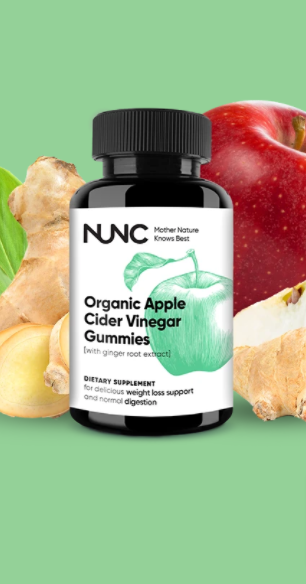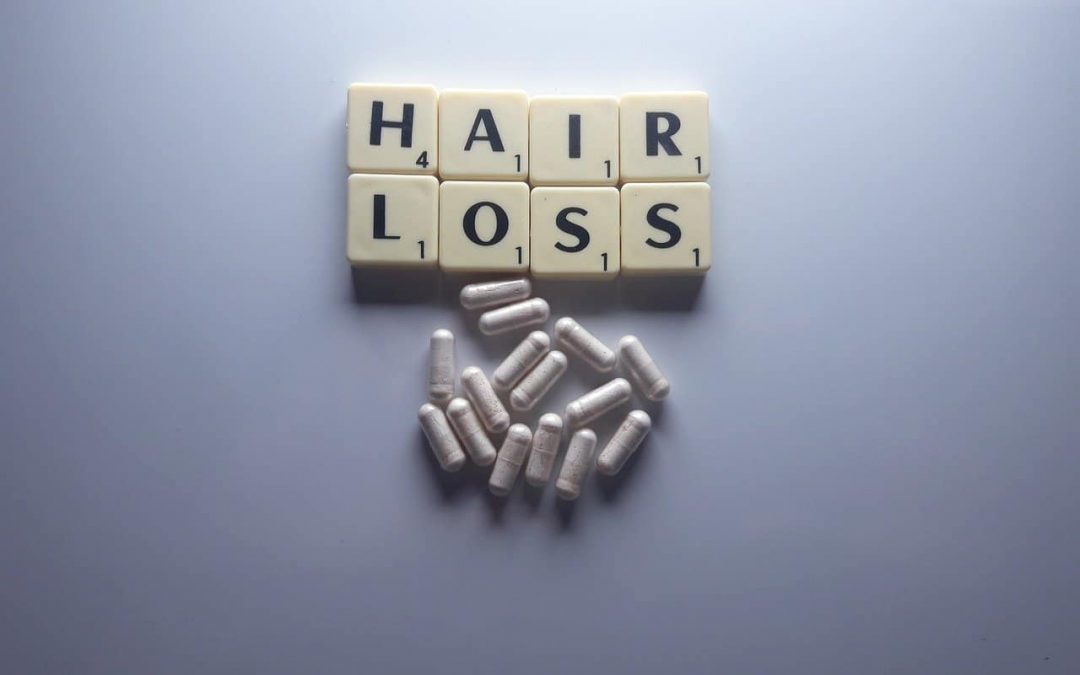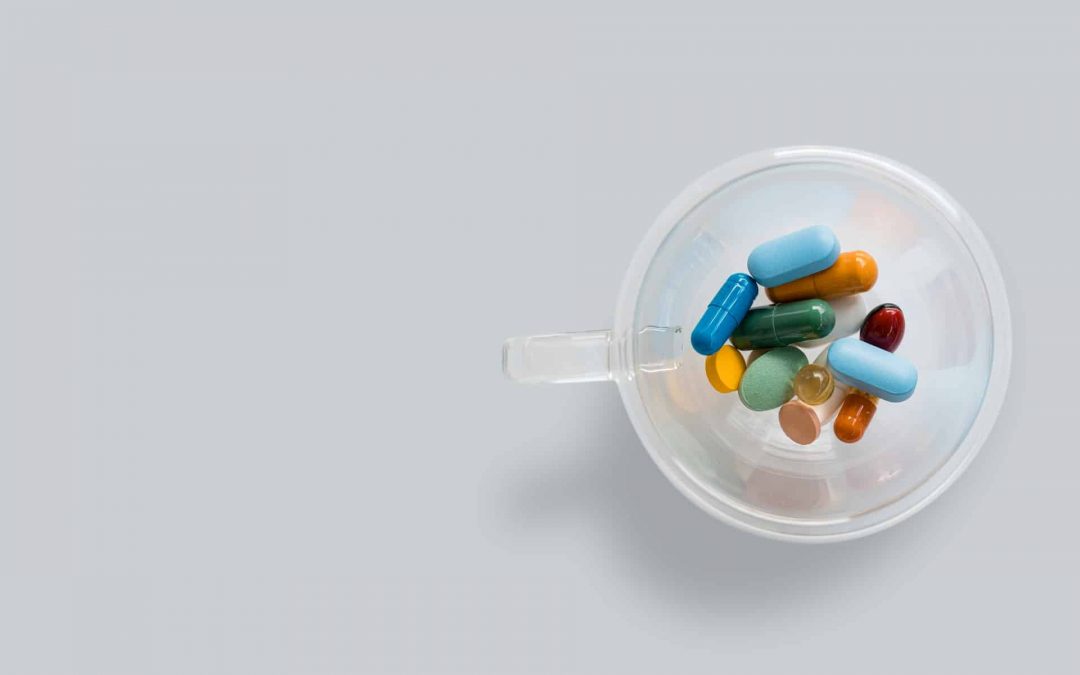Taking care of your body is a must. No one wants to experience chronic illnesses which are the result of a poor diet and unhealthy lifestyle. Unfortunately, sometimes we find ourselves taking these bad decisions in life which harm our health without being conscious of the consequences. Today I’m here to talk to you about the importance and the best time to take vitamins.
1. Vitamins are considered essential nutrients as they contribute to protecting your body including your brain, muscles, cells, and bones. Lacking some of these vitamins might lead to experiencing some negative symptoms or even a chronic disease. According to the CDC, the majority of Americans are getting vitamins such as iodine, vitamin D, and folate. However, these are not enough as there are numerous major vitamins that most of us don’t consume like, magnesium, potassium, choline, calcium, iron, and vitamins A, E, and C. Each particular vitamin plays a crucial role in the body. While some of these vitamins are synthesized naturally in our bodies, their amount is still not sufficient to respond to our body’s needs. On the other hand, you have other vitamins which are not synthesized in the body. This means you either consume them from natural foods or vitamin supplement. But is taking a supplement really beneficial? And what’s the best time to take vitamin and multivitamin supplements? Keep reading to find out.
Contents
1. Vitamins And Supplements

a. Supplements May Help
Getting on a diet to ensure you get all the needed vitamins for your body might sound easier than done. This requires some research into the components of your meal ingredients and expect yourself to do lots of measurements. This might sound tiring to some, but remember it’s just part of taking care and loving yourself. This is why many people resort to using vitamin supplements.
Vitamin supplements should not be a replacement to a healthy diet but just complementary to it. However, in some cases where people are dealing with extreme mineral deficiencies, these supplements will cover their daily suggested vitamin needs. Overall, keep your diet healthy and support it with supplements.
b. Do What’s Best for You
We recommend that you always talk to your doctor or nutritionist before taking vitamins in high amounts in such cases of treating a vitamin or mineral deficiency. If you are taking other medicines related to health disorders, you have to talk to your doctor about it.
c. Vitamin Pills Are Not Miracle Cures
Unfortunately, many people believe that they can cure some health disorders using large vitamin doses. In fact, this might be harmful to your body. For instance, vitamin C is commonly used when we get a cold or fever. People think that it actually cures a cold. This is not true as it only helps your body alleviate the symptoms and reduce the sickness duration.
Vitamin E is another example as people believe it will heal their heart problems. It’s in fact medically reviewed to be beneficial for the heart, but it only acts as a preventive measure to reduce heart problem risks.
2. Can I Take All My Vitamins At Once?

a. Is It OK To Take Different Supplements At The Same Time?
The answer is yes but not all the time. Taking different supplements at the same time is totally good for you. In fact, some vitamins have higher absorption rates only when they are combined with other vitamins and minerals. For instance, iron absorption rate (bioavailability) increases when combined with vitamin C. Nevertheless, if you take your vitamins in large amounts at once, your body might experience a sort of conflict between these vitamins and minerals as each one wants to be absorbed. This eventually leads to decreasing vitamin bioavailability. In this case, you can take a multivitamin that covers almost all of the vitamin and mineral supplements but in small amounts.
If you want to combine vitamin supplements, we recommend that you check with your doctor beforehand to avoid any health complications especially if you are dealing with underlying medical conditions.
3. What Vitamins Should Not Be Taken Together?
a. Calcium And Magnesium
Calcium and magnesium are two important minerals for your bone strength and structure. They have as well other health benefits. Magnesium functions as an agent that increases calcium
bioavailability by suppressing parathyroid hormone and stimulating calcitonin.
This increases the absorption rate of calcium to the bones. If calcium is consumed alone, it will deposit into your soft tissues instead of bones which might cause arthritis in the long term. By now you might think that you should take them together at the same time. The answer is no. Although they work hand in hand you should take them separately at least 2 hours apart
b. Copper And Zinc
Copper and zinc improve your immune system and affects the healing process in many areas of your body whether internally or externally. They both work together to reach these benefits.
However, they should not be consumed together as each one interferes with the bioavailability of the other. Studies have medically reviewed that copper deficiency might be caused by high zinc supplementation. In the long term, a copper deficiency might cause direct problems related to your muscle tissues, anemia, and neurological problems.
c. Fish Oil And Ginkgo Biloba
Omega-3 fish oil is highly beneficial in reducing risks related to heart conditions. It lowers blood pressure as well as levels of triglycerides. It helps regulate your heartbeat and lowers the risk of strokes and heart attacks.
Ginkgo Biloba is an herbal supplement extracted from the Ginkgo Biloba tree. It contains powerful antioxidants and is also beneficial for the heart. Some of its other benefits are reducing anxiety and depression as well as improving your sight and eye health.
These two supplements are used as blood-thinning agents. Combining those vitamins may increase that to an unwanted level and cause some symptoms such as nose bleeding, heavy menstruation period, and red bruises under the skin.
4. Is Timing Important For Vitamins?
Not all vitamins should be taken at the same time. Meaning, some vitamins function better if taken before a meal, while others are best taken on a full stomach. For example, water-soluble vitamins such as vitamin C, B vitamins, and folate should be taken on an empty stomach. Ideally in the morning 30 minutes before breakfast or 2 hours after a meal.
On the other hand, you have fat-soluble vitamins like vitamin A, K, E, and D. These ones should be taken right after your biggest meal of the day. They get carried away in your system using fats from your food. It is important to form a routine for taking your supplements to get the most out of them.
5. Should You Take Vitamins in the Morning or at Night?

Some people prefer taking supplements at night as they believe this completes the vitamins that they took throughout the day. Others prefer taking them in the morning or during the day believing that they give them energy. But what does science say about this?
It is recommended to take vitamin supplements during the day because at night the digestive system goes into sleep mode which will affect the bioavailability of the vitamins. Therefore, you won’t have the optimal health benefits from the supplements.
Next time, keep your supplement on the dining table or next to your coffee machine so you won’t forget to take them first thing in the morning. Or if you are taking certain vitamins that should be taken with a meal, put them in your lunch bag.
6. When is the Best Time To Take Vitamins ?

a. Best Time Of Day To Take Fat-Soluble Vitamins
Fat-soluble vitamins are vitamins that are absorbed using fats. The best time to take these vitamins with your meals throughout the day whether during breakfast, lunch, or dinner. However, it is recommended to take them during your evening meal. Some of these vitamins are vitamin A, K, E, and D.
b. Best Time Of Day To Take Water-Soluble Vitamins
On the other hand, water-soluble vitamins are best taken on an empty stomach. You can either consume them 30 minutes before or 2 hours without food after the meal.
Vitamins such as vitamin C, B complex, and folate are water-soluble. This means that they are dissolved in water so your body absorbs them easily. Unlike fat-soluble vitamins which are stored in the liver, water-soluble vitamins can’t be stored. The body takes all the nutritional elements that it needs and the rest goes through urine. Therefore, you have to give more attention to these vitamins and try to add them to your diet. Taking a supplement is great since you make sure to get the daily recommended intake.
c. Best Time Of Day To Take B Vitamins
For B Vitamins, it is best to take them on an empty stomach and preferably in the morning. It is medically reviewed that this type of vitamin (B vitamin) is one of the most important prenatal vitamins that are ideal to take during and after pregnancy. For instance, vitamin B12 supplements can prevent multiple birth defects. Not to mention that taking a B Vitamin also improves your energy and boosts your mental health quality.
7. Conclusion
Unfortunately, many doctors and nutritionists do not emphasize the best time to take vitamin supplements. This usually leads to poor or uncertain results.
After reading this article, you can be confident in taking your supplement at the right time, whether you consume vitamin and mineral supplements or take multivitamins, just make sure to create a routine around it so that it becomes a normal habit!











0 Comments